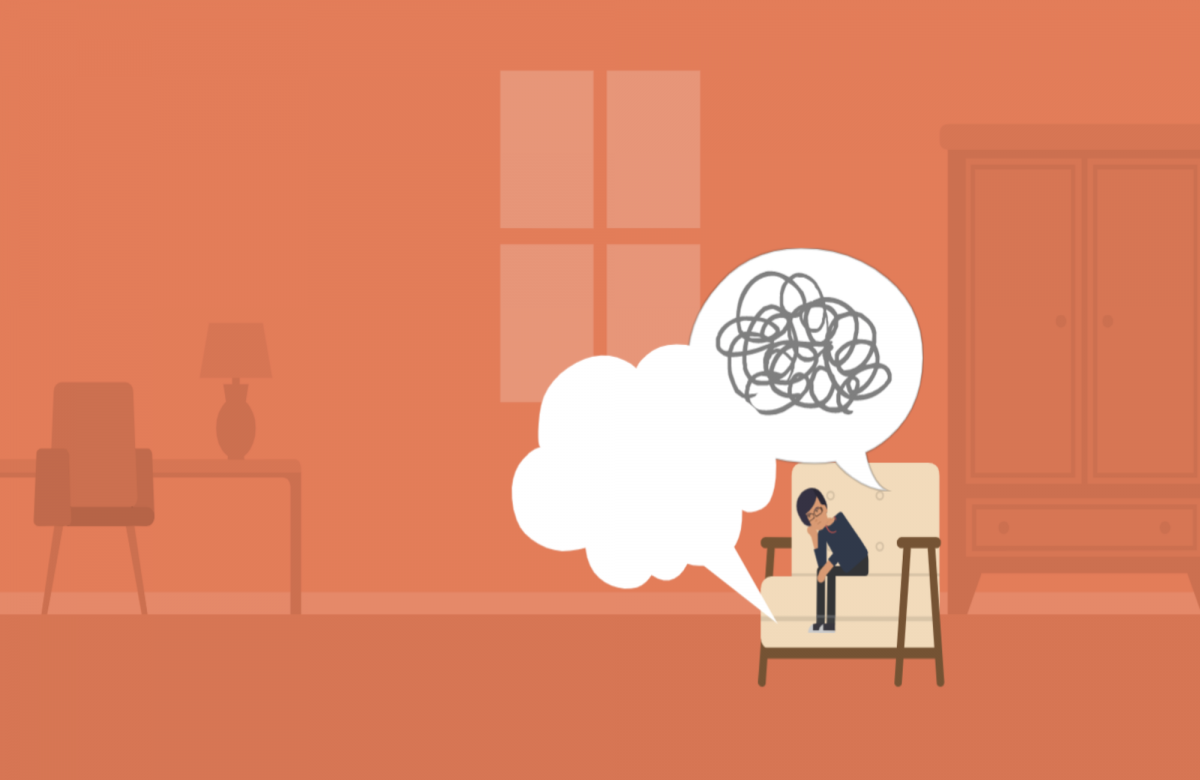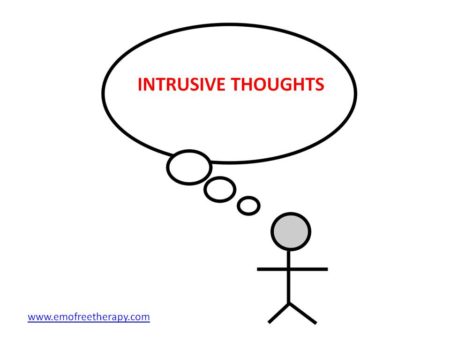

A pilot randomized controlled trial of aerobic exercise as an adjunct to OCD treatment. Thoughts that you will harm or sexually abuse a child. Unwanted sexual thoughts, including thoughts of being sexually assaulted or sexually assaulting another person. Fear that you or your loved ones will get sick, hurt, or die. Unwanted intrusive thoughts often center around sexual, violent, or otherwise disturbing content, and can cause serious emotional distress. Intrusive thoughts are unwanted and upsetting thoughts that frequently disrupt your day. doi:10.1186/s12888-zĪbrantes AM, Brown RA, Strong DR, et al. Intrusive thoughts that people experience might include the following: Memories of something you want to forget. Intrusive thoughts are common, even though they can be upsetting in nature. Sleep disturbances in obsessive-compulsive disorder: influence of depression symptoms and trait anxiety. Segalàs C, Labad J, Salvat-Pujol N, et al. When these thoughts emerge, try taking the following steps: 1. Instead of fighting intrusive thoughts, it’s better to learn to live with them. Obsessive-compulsive disorder (OCD) is a mental health condition in which a person experiences intrusive thoughts (obsessions) and engages in specific actions (compulsions) to relieve anxiety caused by the obsessions.


'The more you think about it, the more anxious you get and the worse the thoughts get,' says Dr. Obsessive-compulsive disorder comorbidity: Clinical assessment and therapeutic implications. Intrusive thoughts are often repetitive and won’t go away. Part of the treatment of sexual intrusive thoughts involves therapy to help them accept intrusive thoughts and stop trying to reassure themselves by. Pallanti S, Grassi G, Sarrecchia ED, Cantisani A, Pellegrini M. Oakland, California: New Harbinger Publications 2018. A systematic review of behavioral, physiological, and neurobiological cognitive regulation alterations in obsessive-compulsive disorder. Understanding dysregulated behaviors and compulsions: An extension of the emotional cascade model and the mediating role of intrusive thoughts. Jungmann SM, Vollmer N, Selby EA, Witthöft M. Obsessive-compulsive disorder: When unwanted thoughts or irresistible actions take over. Appraisals of and recommendations for managing intrusive thoughts: An empirical investigation. Intrusive thoughts in patients with obsessive compulsive disorder and non-clinical participants: A comparison using the International Intrusive Thought Interview Schedule. doi:10.1016/j.jocrd.2013.09.002īouvard M, Fournet N, Denis A, Sixdenier A, Clark D. Patients with mild to moderate OCD symptoms are typically treated with either CBT or medication depending on patient preference, the patients cognitive. Journal of Obsessive-Compulsive and Related Disorders. Part 1-You can run but you can’t hide: Intrusive thoughts on six continents. Radomsky AS, Alcolado GM, Abramowitz JS, et al.


 0 kommentar(er)
0 kommentar(er)
